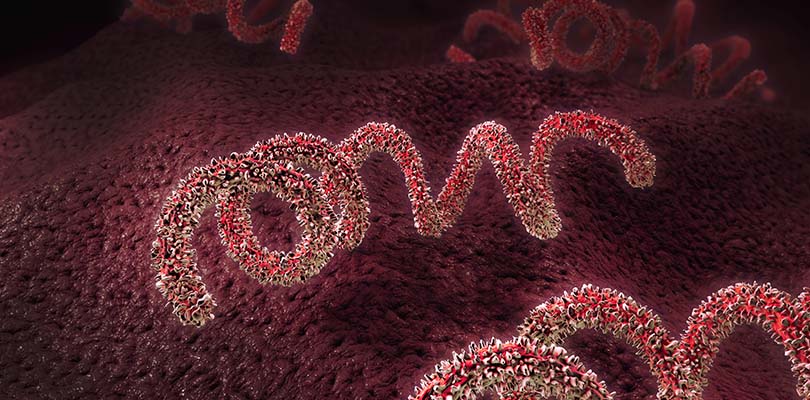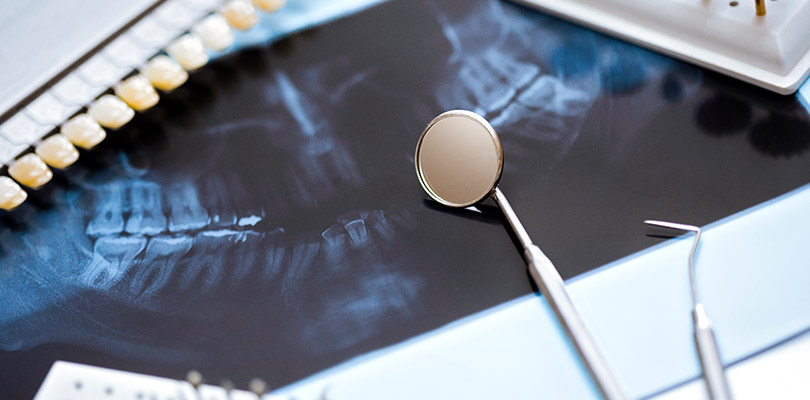Everything You Need to Know About Human Papillomavirus (HPV)
Every time you have sex, you are having sex with every person your partner has ever had sex with. Does this phrase sound familiar? HPV proves it to be true, and this virus is more common than you might think.
What Is HPV?
Human papillomavirus (HPV) is a group made up of more than 100 viruses ranging from low-risk to high-risk. The name comes from the warts that some types of HPV can cause; the warts are called papillomas.
While many advertisements show the risk for females, HPV can affect both men and women. It’s so common, most men and women get it during their lifetime. Most of the time, HPV goes away on its own and doesn’t cause health problems, but not everyone is so fortunate.
Some types of HPV can lead to cancer of the mouth/throat and anus/rectum in both men and women. Penile HPV cancer can be the result in serious infections in men. Women are also susceptible to cervical, vaginal, and vulvar HPV cancers.
How Do You Get HPV?
HPV has been referred to as the “common cold” of sexual activity.
It is contracted through skin-to-skin contact by vaginal, anal, or oral intercourse with an infected person; however, HPV is most commonly spread through vaginal sex. The virus spreads through tiny breaks (cuts, abrasions, or small tears) in the skin during intimate contact.
HPV often has no signs or symptoms, which means many people aren’t aware that they are infected. As this is often the case, HPV can be passed along without knowledge from the carrier.
Symptoms can take years to develop after infection, which makes figuring out when and where you contracted HPV very difficult.
Risk factors for HPV:
- Number of sexual partners
- Age (genital warts more often found in adolescents and young adults)
- Weakened immune systems
- Damaged skin (punctured or opened)
- Personal contact
Signs and Symptoms of HPV
Many times, signs and symptoms will not be present. When symptoms do appear, they may be one of the following:
- Genital warts appear as a small bump or cluster of bumps in the genital area. Bump size and shape can vary. Be sure to see your physician to diagnose the warts as warts are contagious.
- Oral and upper respiratory lesions can appear as a result of HPV contracted through oral sex. Some infections will cause these lesions to appear on your tongue, tonsils, soft palate, and within the throat and nose.
- A Pap test can detect abnormal cells, but the test doesn’t directly test for HPV. These abnormal cell changes are likely a symptom of HPV. Women should have regular cervical screening tests once they become sexually active. These tests will detect HPV.
Natural remedies for anxiety and depression can be a good way to manage symptoms. If they don't work, talk to your doctor about treatment options.
- Penile cancer might come with a change in the color or thickness of the genital skin. A painful sore might show up on the penis.
- A change in bowel habits, or anal bleeding, pain, itching, or discharge may be an indication of anal cancer caused by HPV.
- Cancer of the vulva may have symptoms of change in the color/thickness of the genital skin. There could be chronic pain, itching, or the presence of a lump.
- Throat cancer may explain a sore throat, constant ear pain, persistent cough, pain with swallowing or breathing, weight loss, or a lump on your neck.
Consider the HPV Vaccines for Prevention
As of May 2017, over 270 million doses of HPV vaccines have been distributed worldwide. The HPV vaccines provide fully vaccinated people with protection against nine types of HPV.
Researchers continue to work on new vaccines, but they are not currently available. Gardasil, Gardasil 9, and Cervarix are vaccines developed to protect chances of developing HPV-related cancers. The Gardasil vaccines also provide protection against genital warts.
It’s recommended for children to get the vaccine before they start having sexual contact, usually around 11 or 12 years old as a response to a vaccine is better at younger ages. Another reason to get vaccinated early is that the vaccine might not work on someone who has engaged in intercourse and already contracted HPV.
Treatment and Protection
Currently, there are not any available medicines to treat the HPV infection. However, there are treatments for the related diseases that may result.
Condoms offer a little protection (as they don’t cover everything), but they should not be relied upon to protect against HPV. The immune system generally clears HPV from the body naturally with time.
No long-lasting effects have been reported after the virus clears the body. Sometimes, HPV doesn’t leave naturally which usually indicates high-risk. This is referred to as persistent HPV infection, and you should discuss a treatment plan with your physician.
It is important to take precautions when it comes to sexual health. Get regular testing to ensure peace of mind. HPV might be commonplace now, but it doesn’t have to be in the future.







